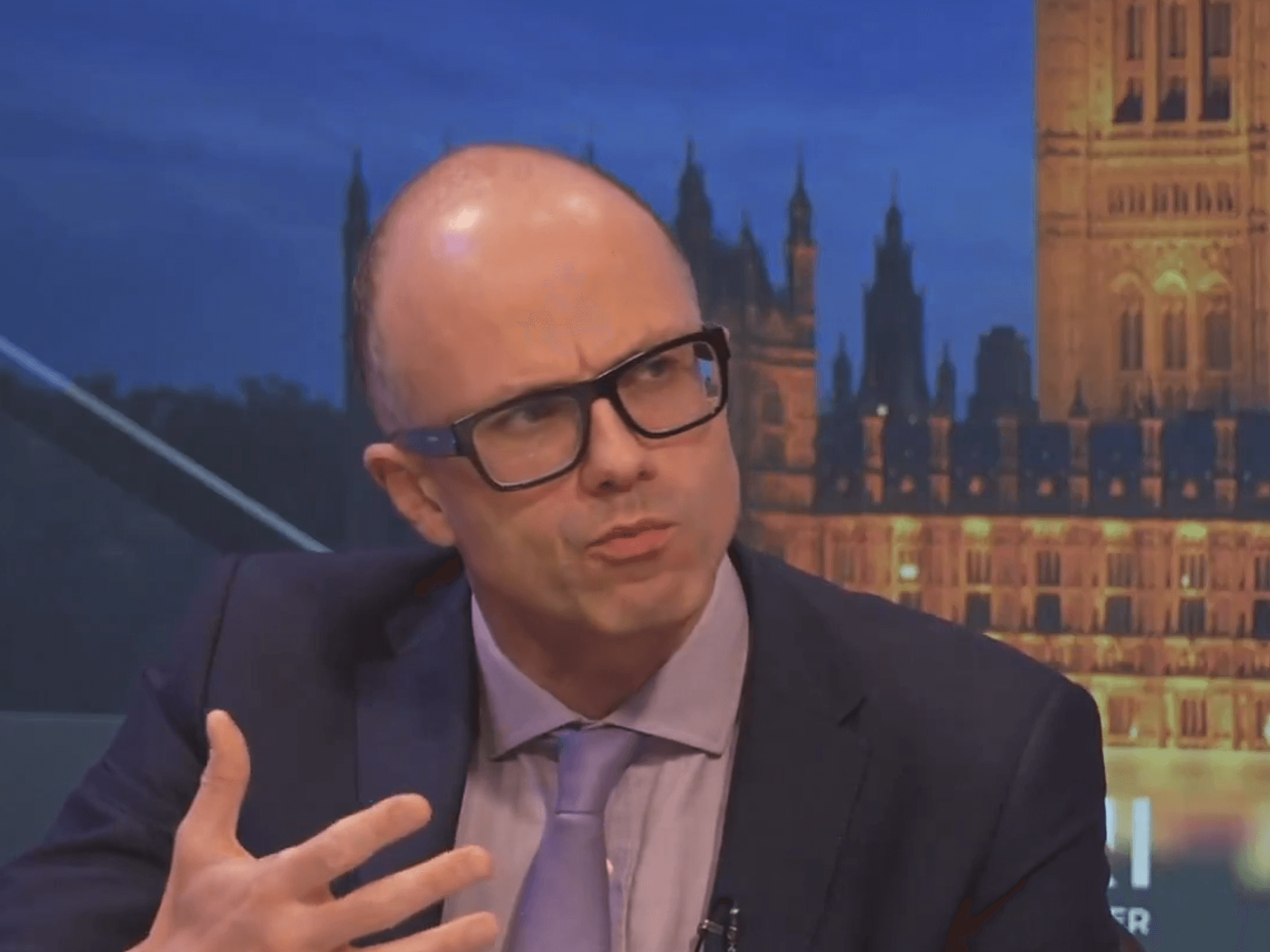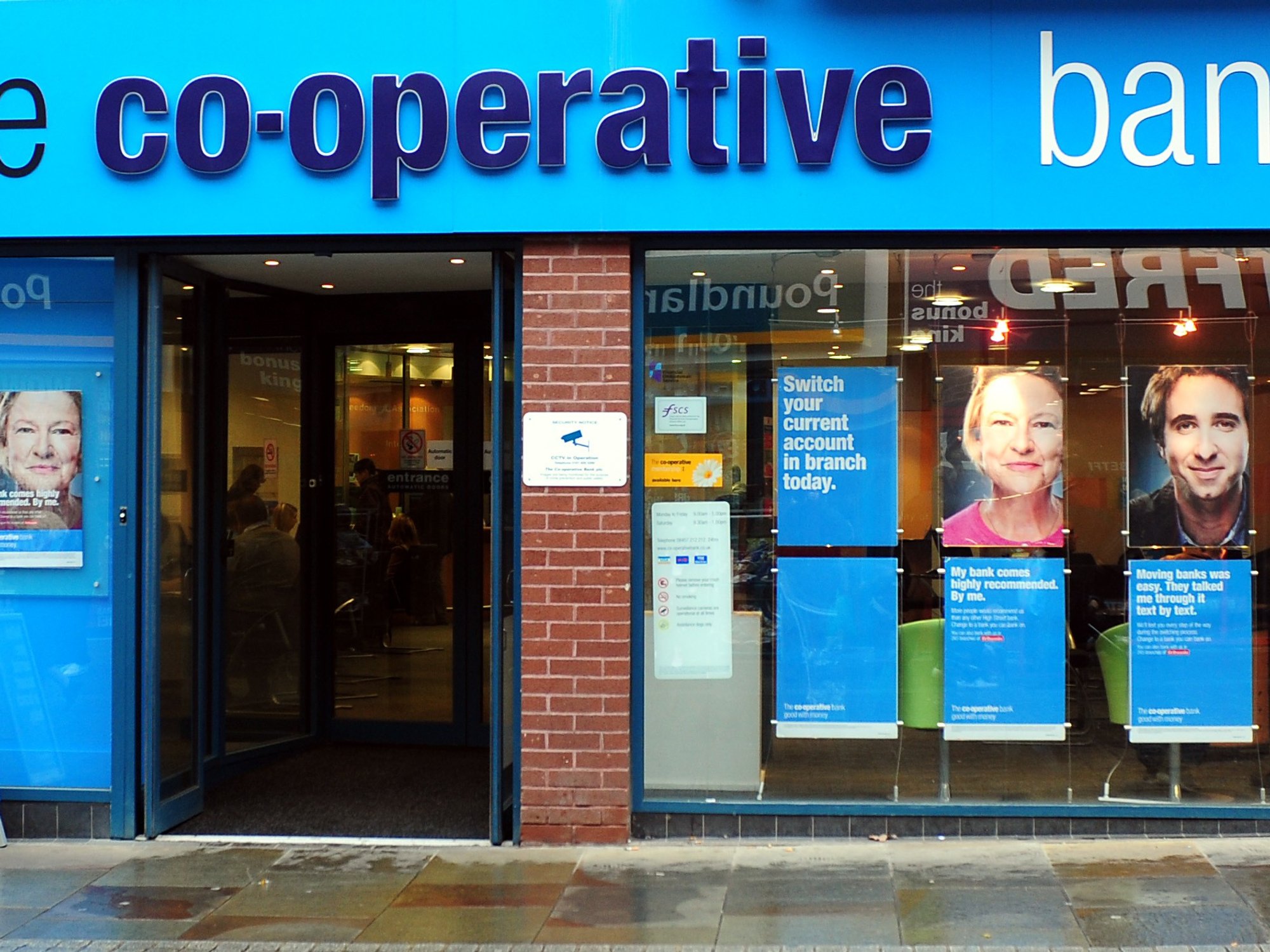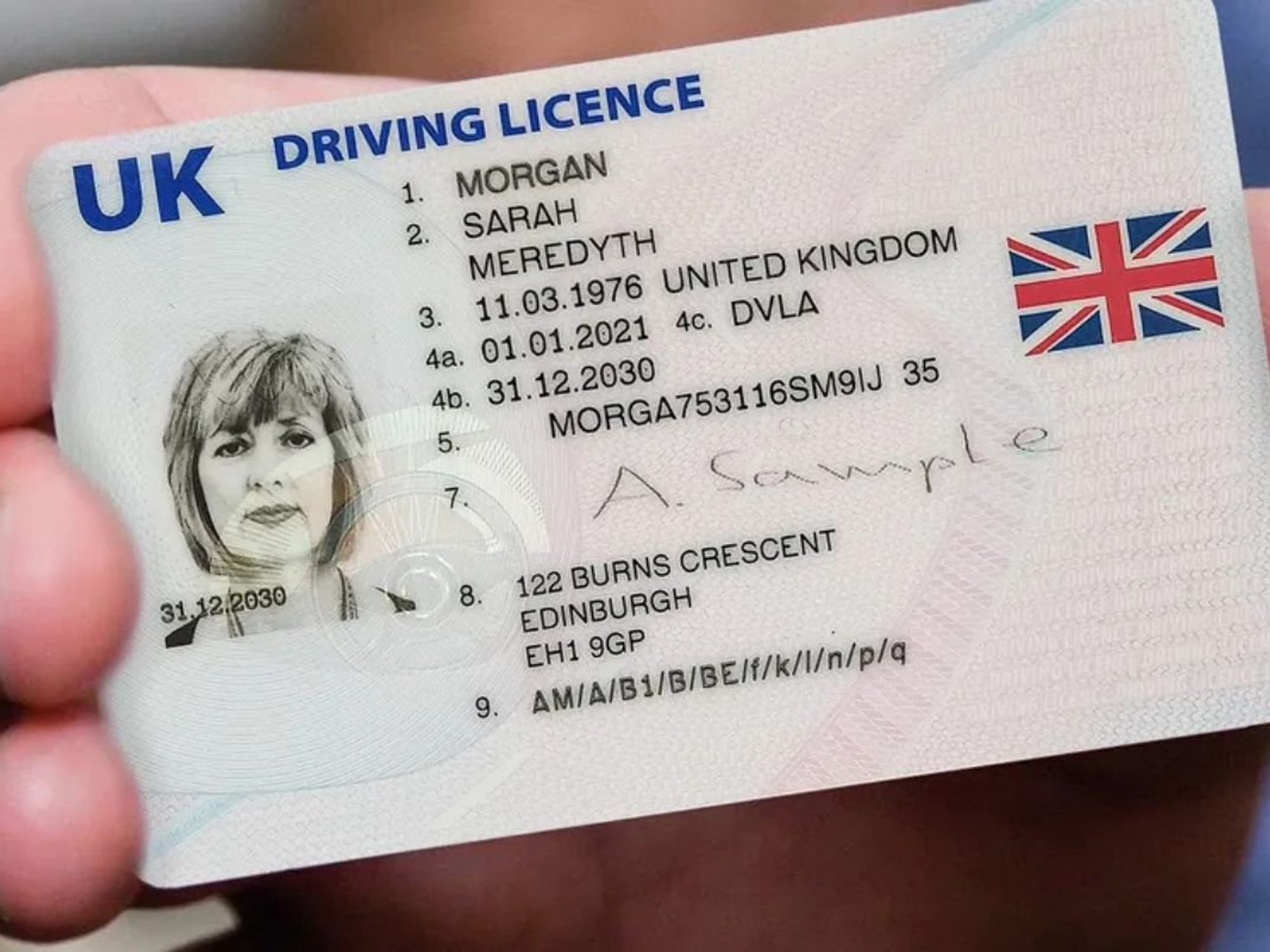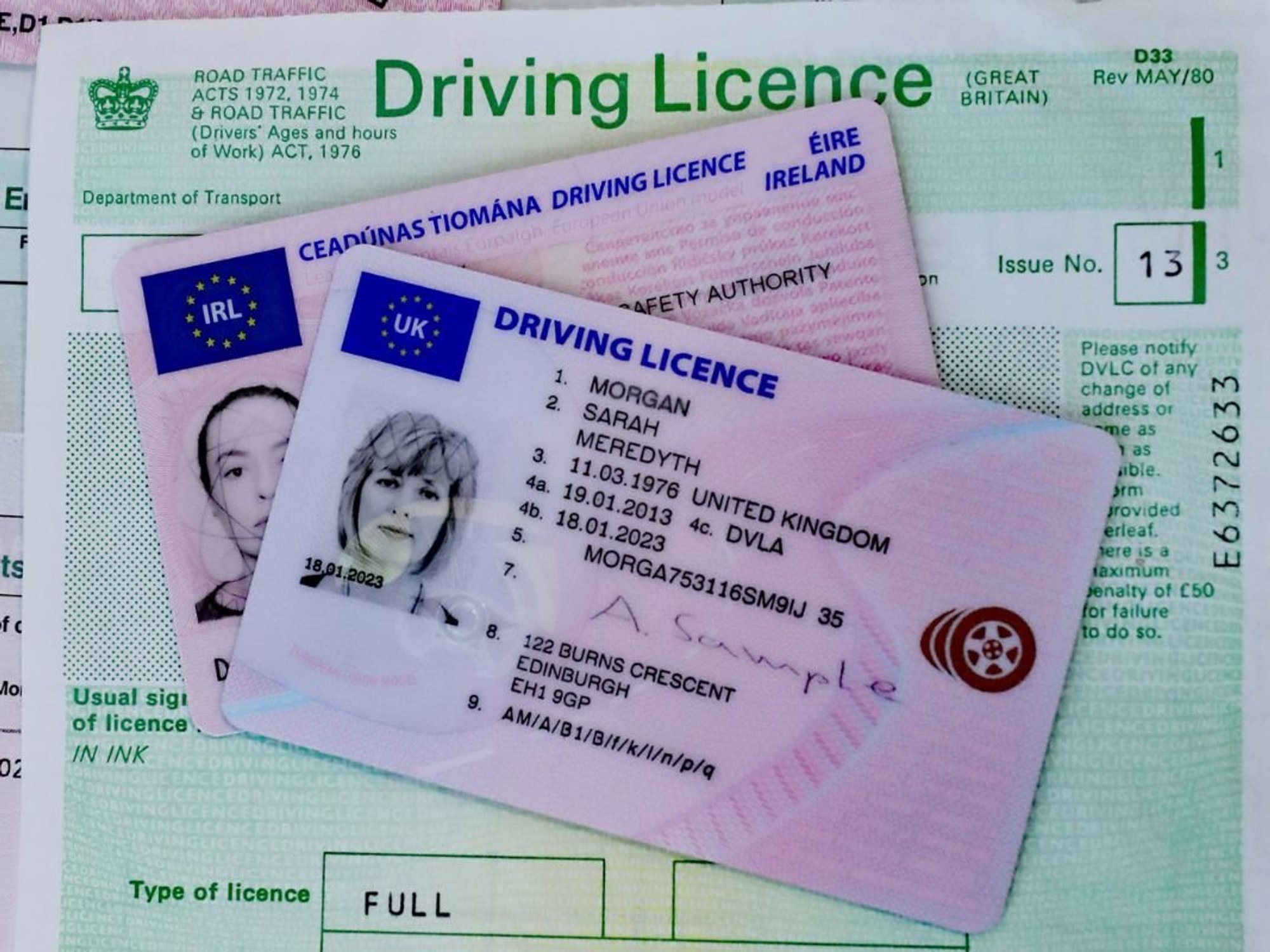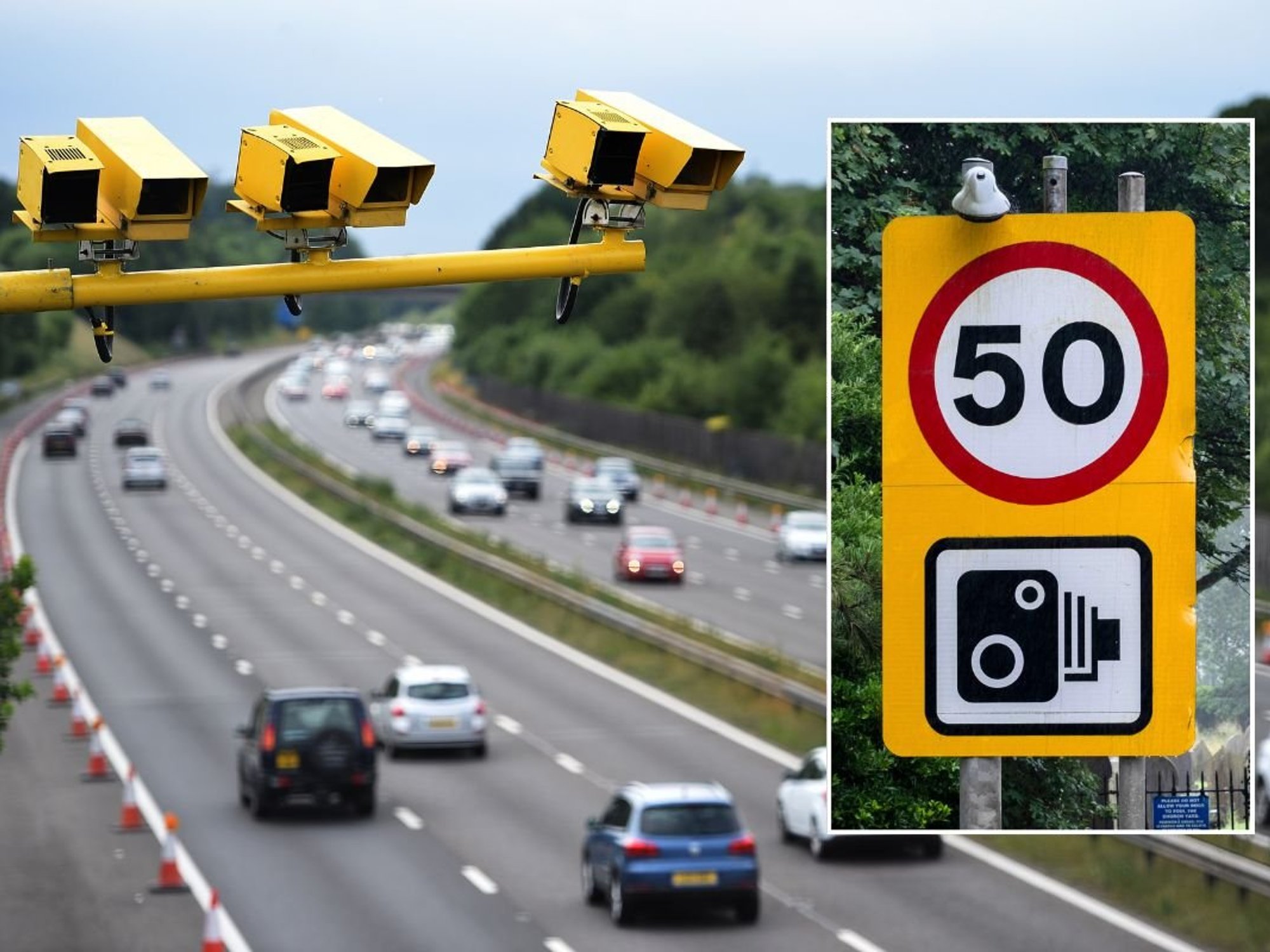EU told TOUGH LUCK as Germany risks EU civil war and asks Britain to ‘call us’ for trade deal
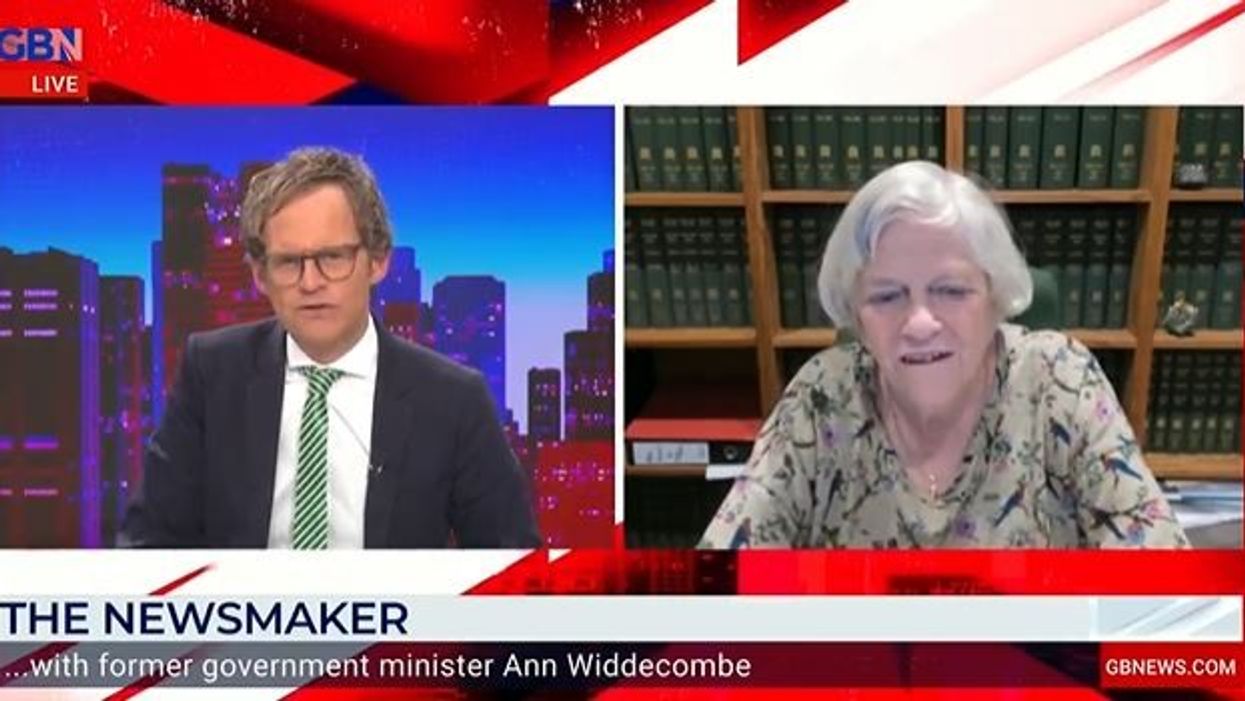
Ann Widdecombe on Britain's relationship with the EU
|GB News

Ann Widdecombe blasted the EU after hailing Brexit Britain
Don't Miss
Most Read
Ann Widdecombe has hailed Brexit Britain after Germany praised the UK and risked EU civil war by demanding a renewed trade agreement with Britain.
German finance minister Christian Lindner has sparked an EU civil war by inviting the UK to take new steps on a new and improved trade deal with the bloc.
Lindner even goes as far as to ask Britain to 'call Germany'.
The offer has sparked outrage from some in the EU who say Germany cannot make this offer without member agreement.
Ann Widdecombe commenting on the bid to woo Brexit Britain told Mark Dolan on GB News:" I think it's missing us quite considerably. I think it's missing our contribution. I think it's just missing our general participation.
Ann Widdecombe says 'TOUGH LUCK' to the EU
"But tough luck. And what strikes me about this is Germany wouldn't, out of the goodness of its heart, make offers to Britain for Britain's sake.
"This is Germany saying, Oh dear, you know, we're not doing so well out of this Brexit business. Perhaps we should try to swing it a little more our way. I mean, that is effectively what's going on. And yes, we should all be laughing at that."
She added: "My actual fear in all of this is not Germany, it's not the EU. It's Keir Starmer, who has said in terms, and this is probably what has encouraged Germany.
"He said in terms, that he wants to negotiate a better deal. Now, a better deal actually means, the single market or the customs union or further regulation or whatever it might be.
"It's not going to work solely in our favor. We haven't got a particularly good deal at the moment. That's not make it any worse."
It comes as numbers on Britain's net migration show it will take years to fall below its pre-Brexit levels, with higher numbers expected until at least the end of the decade.
Forecasts by he Migration Observatory at the University of Oxford and the London School of Economics (LSE) suggest that the figure will remain at around 250,000 to 350,000 a year for the foreseeable future.
Professor of economics at LSE Alan Manning, who co-authored the new report, said: "Nobody can predict exactly what will happen to net migration, but we can set out some realistic scenarios.
"And most plausible scenarios involve net migration falling in the coming years.





